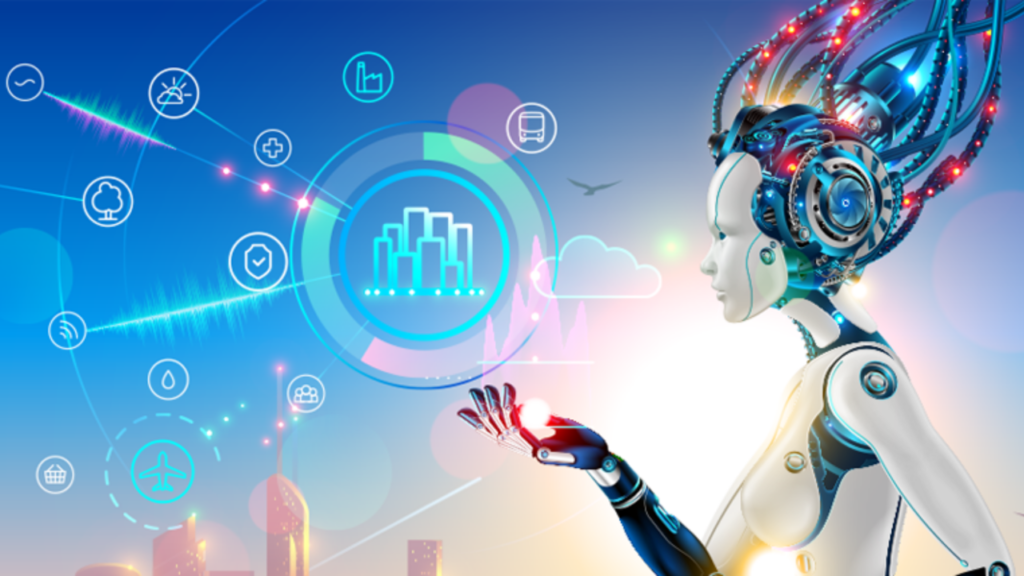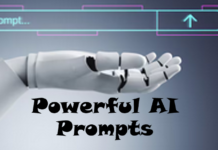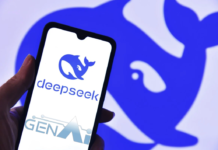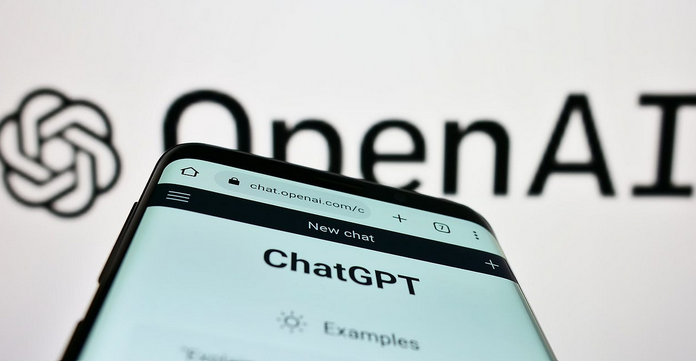The Web Marketing Festival, the largest national innovation and digital event in Italy, has once again amazed and inspired thousands of sector enthusiasts from all over the world. This annual event has become a point of reference for those who wish to stay updated on the latest trends and innovations in the world of web marketing. This year, the festival offered an exceptional experience, showcasing new trends that will shape the future of the industry. In this article, we will explore some of the most interesting ideas and strategies that emerged during the event.

AI and technological innovation
The objective of the Festival was in fact to offer useful ideas and question ourselves on the issues of technological, digital, and social innovation of which Artificial Intelligence is now a protagonist that we must deal with both on a personal and professional level.
In fact, as stated by Walter Riviera, the AI Technical Lead at Intel Corporation, “I don’t entirely agree with the notion that AI will lead to job displacement; instead, those adept at leveraging it effectively will likely find greater career opportunities in the future.” This underscores the importance of promoting responsible utilisation of this technology through three essential pillars: fostering a culture of responsibility, advancing education, and enhancing awareness.
Thanks to the participation of speakers from all over the world, including the guest of honour Sir Tim Berners-Lee, inventor of the World Wide Web, the three days of WMF were full of events and training courses above all issues related to technology and digital. Among the many different topics addressed, space was given to SEO, E-mail Marketing, Digital Strategy, and Social Media but also to education, climate change, and the Third Sector.
AI and User Experience UX
During the festival, numerous AI applications in the field of web marketing were presented, such as intelligent chatbots, advanced search engines, and personalisation algorithms. AI enables companies to provide more personalised user experiences, optimize marketing strategies, and automate complex processes.
Here are some tools that use AI or navigation data analysis to improve user experience (UX):
- Heatmaps: Tools like Hotjar or Crazy Egg use navigation data analytics to generate interactive heatmaps that show where users interact most with a web page. This helps identify hot and cold spots in the user experience, allowing you to optimise layout, element placement, and page design.
- Chatbot with artificial intelligence: Chatbots like Chatfuel or ManyChat use AI to provide automatic answers to user questions. These chatbots can analyse browsing data to identify frequently asked questions and improve answers over time, providing an interactive and personalised experience for users.
- AI-powered A/B testing: Platforms like Google or VWO use AI to optimise A/B tests. These tools analyse navigation data to identify the variations that perform best and show them to users based on their behaviours, allowing you to continuously improve the UX of the website.
- Predictive analytics: Tools like Adobe Analytics or Google Analytics 4 use analytics on browsing data to identify patterns and trends that can predict user behaviour. This helps optimise the navigation flow, anticipate user needs, and improve conversion.
- Semantic search: Tools like SEMrush or SEOZoom use navigation data analysis and artificial intelligence to improve semantic search. These tools can analyse user behaviour, search queries, and trends to provide relevant keyword suggestions, thereby improving the discoverability and usability of your content.
AI and SEO
Many topics were addressed in the internship dedicated to SEO, all to offer useful tools to improve one’s strategy. For example, Mariachiara Marsella investigated the Quality Raters guidelines, highlighting how in reality following them is much less complex than we imagine: it is a matter of common sense, logic, and technical measures. The SEOZoom platform also made itself available through an internship entirely dedicated to in-depth analysis on how to improve and optimise your website by making full use of their platform.
Even in this case, however, the SEO and AI theme stands out. In fact, Gennaro Mancini, Content Manager of SEOZoom, spoke about it, highlighting how AI i a reality that is already present and which we must deal with with a responsible and rational approach.
According to Mancini, among the pros of using AI in SEO, there is certainly greater efficiency and speed in the creation of content, with a consequent improvement in productivity, but among the cons, there is, to date, the lack of originality and the difficulty in finding the desired writing style. It is therefore important to learn to exploit this technology to our advantage, finding the right balance between our copywriting and that of AI and verifying, personalising, and making our content original.
The round table featuring SEO experts Mariachiara Marsella, Simone Rinzivillo, Duccio Lunari, Flavio Mazzanti, Marco Loguercio, and Enrico Altavilla was brimming with ideas regarding potential risks and opportunities waiting to be capitalised upon. One unanimous point among them was that AI can serve as an outstanding tool for enhancing and streamlining our work. However, it is crucial to master its full potential and utilise it to our advantage effectively
In conclusion, artificial intelligence is significantly shaping the future of the Internet and web marketing. AI offers incredible opportunities to improve user experiences, optimise marketing strategies and create new ways of interacting with the digital world.
Nevertheless, we must confront the challenges and obligations that come with such advancements. While the future of the Internet remains largely uncertain, it undoubtedly promises to remain a fertile landscape for innovation and metamorphosis. It falls upon us to steer this evolution ethically and sustainably, forging a captivating digital future accessible to all.


















